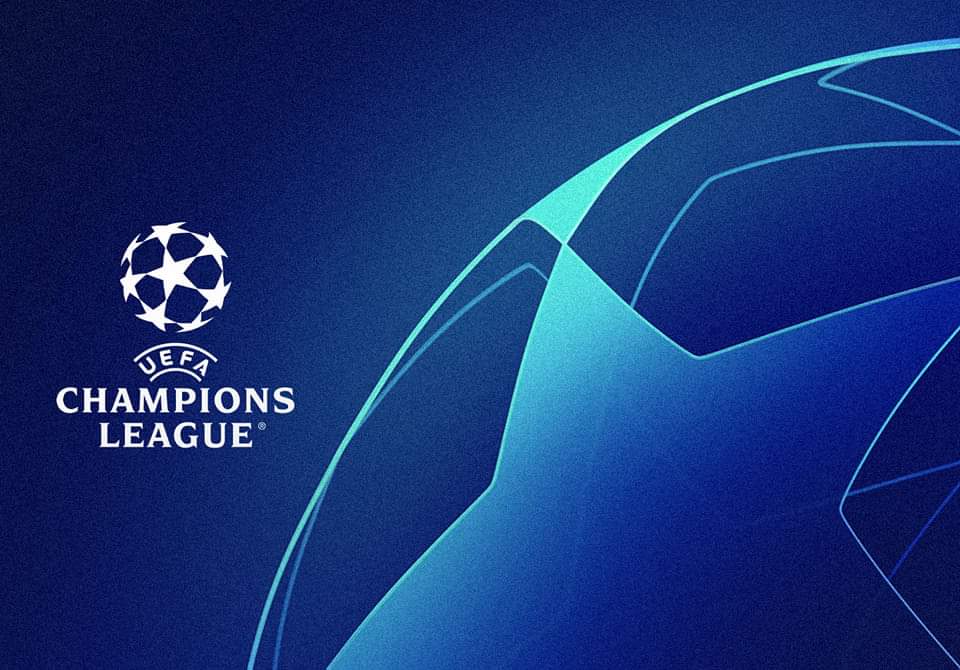Paragraph 1: The Dawn of a New Era in European Football
The 2025/26 UEFA Champions League season marks a significant departure from tradition, embracing an expanded format that promises intensified competition and heightened drama. Gone is the familiar group stage, replaced by a single league table encompassing 36 elite clubs from across Europe. This revolutionary change aims to inject fresh excitement and unpredictability into the tournament, ensuring a more engaging experience for fans worldwide. Teams will now navigate a demanding schedule of eight matches, four home and four away, against a diverse array of opponents drawn from four seeding pots, meticulously designed to balance strength and challenge throughout the competition. The draw, held in Monaco, unveiled intriguing matchups and set the stage for a captivating campaign.
Paragraph 2: Intricacies of the New Format and Qualification Path
The revised format introduces several key nuances to the Champions League landscape. Crucially, clubs from the same country cannot be drawn against each other in the league stage, eliminating the possibility of early domestic rivalries. Additionally, to ensure balanced competition, no team can face more than two opponents from the same association. The qualification process has also been redefined, with the top eight teams in the league table securing automatic progression to the coveted round of 16. Teams ranked 9th to 24th will battle it out in a two-legged knockout play-off for the remaining eight slots, adding a layer of tension and high-stakes drama to the latter stages of the league phase. Disappointingly for the bottom twelve teams (ranked 25th to 36th), their European journey will end prematurely, emphasizing the heightened competitiveness of the new format.
Paragraph 3: The Elite Eight and the Contenders
The draw revealed the composition of the four seeding pots, reflecting the hierarchy of European football. Pot 1 housed the reigning champions and the domestic league winners from the highest-ranked associations, including powerhouses like Real Madrid, Manchester City, Bayern Munich, and Liverpool. These established giants will undoubtedly be considered favorites to progress directly to the knockout stages, but the expanded format introduces an element of unpredictability, with even the most formidable sides facing a challenging path. Pot 2 featured strong contenders such as Arsenal, Atlético Madrid, Juventus, and Benfica, capable of upsetting the established order. The remaining two pots, Pot 3 and Pot 4, contained a mix of established names, emerging forces, and debutants, all vying to make their mark on the competition.
Paragraph 4: A Glimpse at the Fixture List: Giants Collide, Underdogs Emerge
The draw produced a captivating array of fixtures, promising thrilling encounters from matchday one. Real Madrid, drawn against Manchester City, Liverpool, and Juventus, faces a particularly daunting schedule, testing their mettle against some of the strongest sides in Europe. Similarly, Manchester City, Bayern Munich, and Paris Saint-Germain find themselves in groups with multiple other title contenders, highlighting the intense competition even at this early stage. The fixtures also offer opportunities for underdogs to shine, with teams from Pot 3 and Pot 4 relishing the chance to test themselves against established giants. Matches like Newcastle United against Barcelona, or Union Saint-Gilloise against Bayern Munich present intriguing narratives and potential upsets.
Paragraph 5: The Road to Glory: Navigating the League Stage and Beyond
The eight-match league stage promises a grueling yet exciting journey for all 36 participating clubs. Teams will need to demonstrate consistency, resilience, and tactical acumen to navigate this demanding phase and secure a place in the knockout rounds. The new format emphasizes the importance of every match, with every point potentially crucial in determining final rankings. The introduction of the two-legged play-off for teams finishing between 9th and 24th adds another layer of intensity, providing a second chance for those who fall short of automatic qualification. The road to the final in 2026 is longer and more challenging than ever, demanding peak performance from all contenders.
Paragraph 6: Anticipation Builds for the Kick-Off
With the draw completed and the fixtures revealed, anticipation is building for the start of the 2025/26 Champions League campaign. The expanded format promises a more dynamic and engaging tournament, with a wider range of teams vying for European glory. The eight-match league stage, the two-legged play-off, and the subsequent knockout rounds guarantee a captivating spectacle for football fans worldwide. The matches, scheduled to run from September 16, 2025, to January 28, 2026, will unfold against a backdrop of intrigue and excitement, as clubs strive to etch their names in Champions League history. The release of the full fixture calendar by UEFA is eagerly awaited, marking the final countdown to the kick-off of this landmark season.


